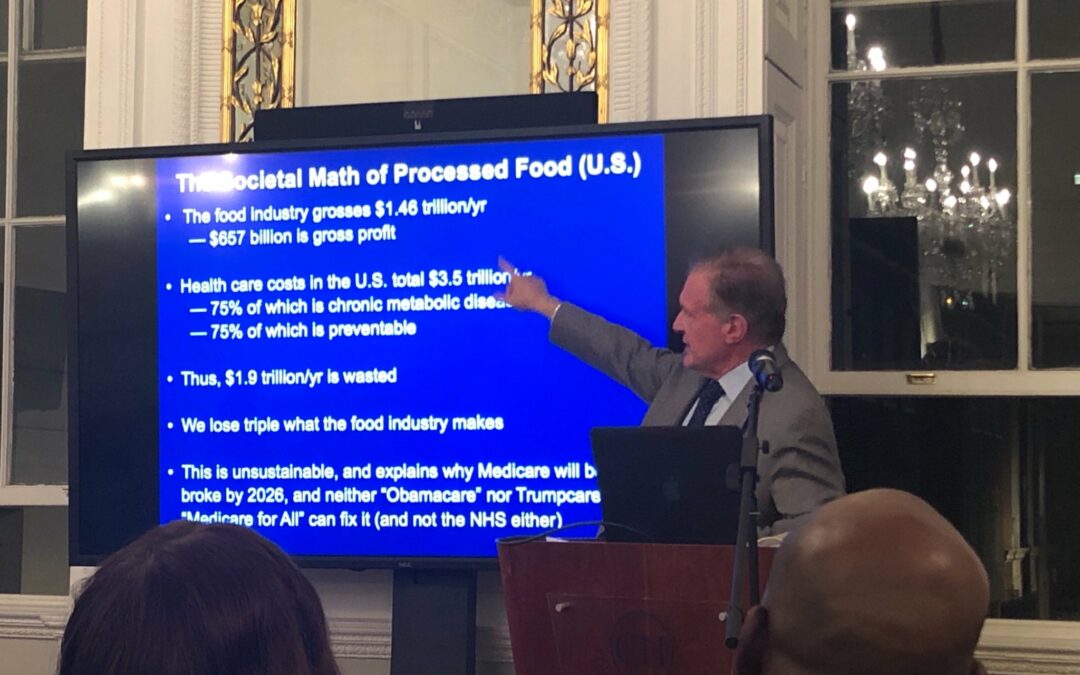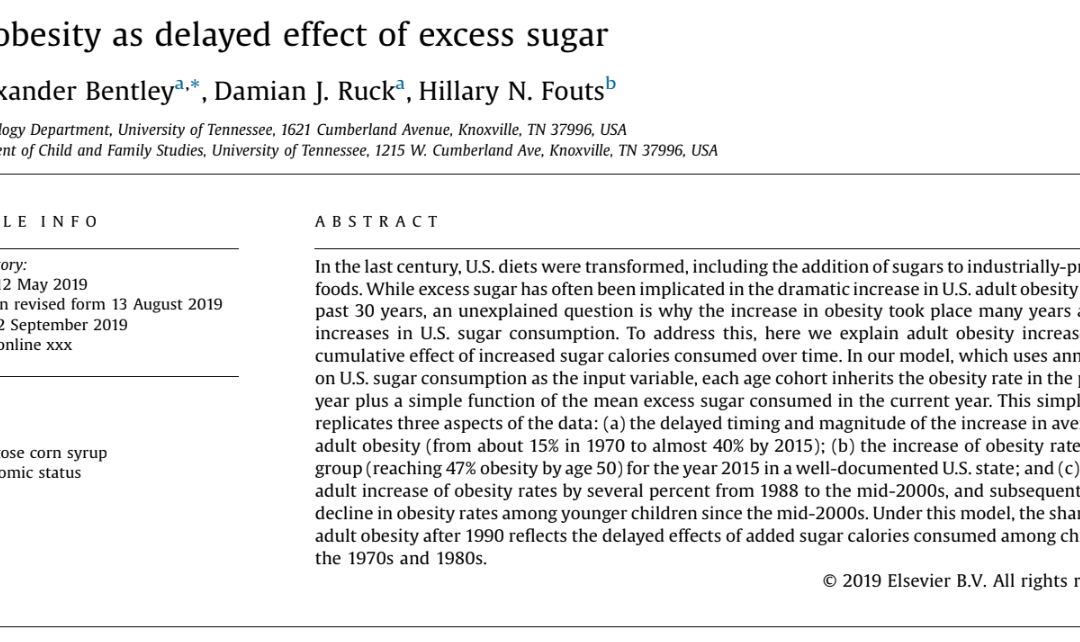
Fat and fructose at the mitochondria that drives the inflammatory process
Paper in Cell Metabolism:
It’s long been known that both “lipotoxicity” and “glucotoxicity” are associated with inflammation leading to diabetes. But it wasn’t clear which, when, and how, resulting in different factions battling for supremacy. The science of this controversy is now beginning to come into focus.
A paper two weeks ago from Softic et al. in Cell Metabolism demonstrates that fructose inhibits mitochondrial beta-oxidation through alteration of specific mitrochondrial proteins, conversely glucose stimulates it. Thus dietary sugar is more metabolically problematic than dietary starch; a finding that our group corroborated in obese children.
This paper from Nicholas et al. also in Cell Metabolism, demonstrates that because of that mitochondrial dysfunction, fatty-acylcarnitine, which should be beta-oxidized, can power the production of TH17 cytokines that in part drive that inflammation. Furthermore, one must remember that some of that fatty acid production can be derived via de novo lipogenesis using fructose as a substrate.
This paper, combined with Softic, helps bridge the gap to show that, at the molecular level, it appears to be the combination of both fat and fructose at the mitochondria that drives the inflammatory process.






Recent Comments